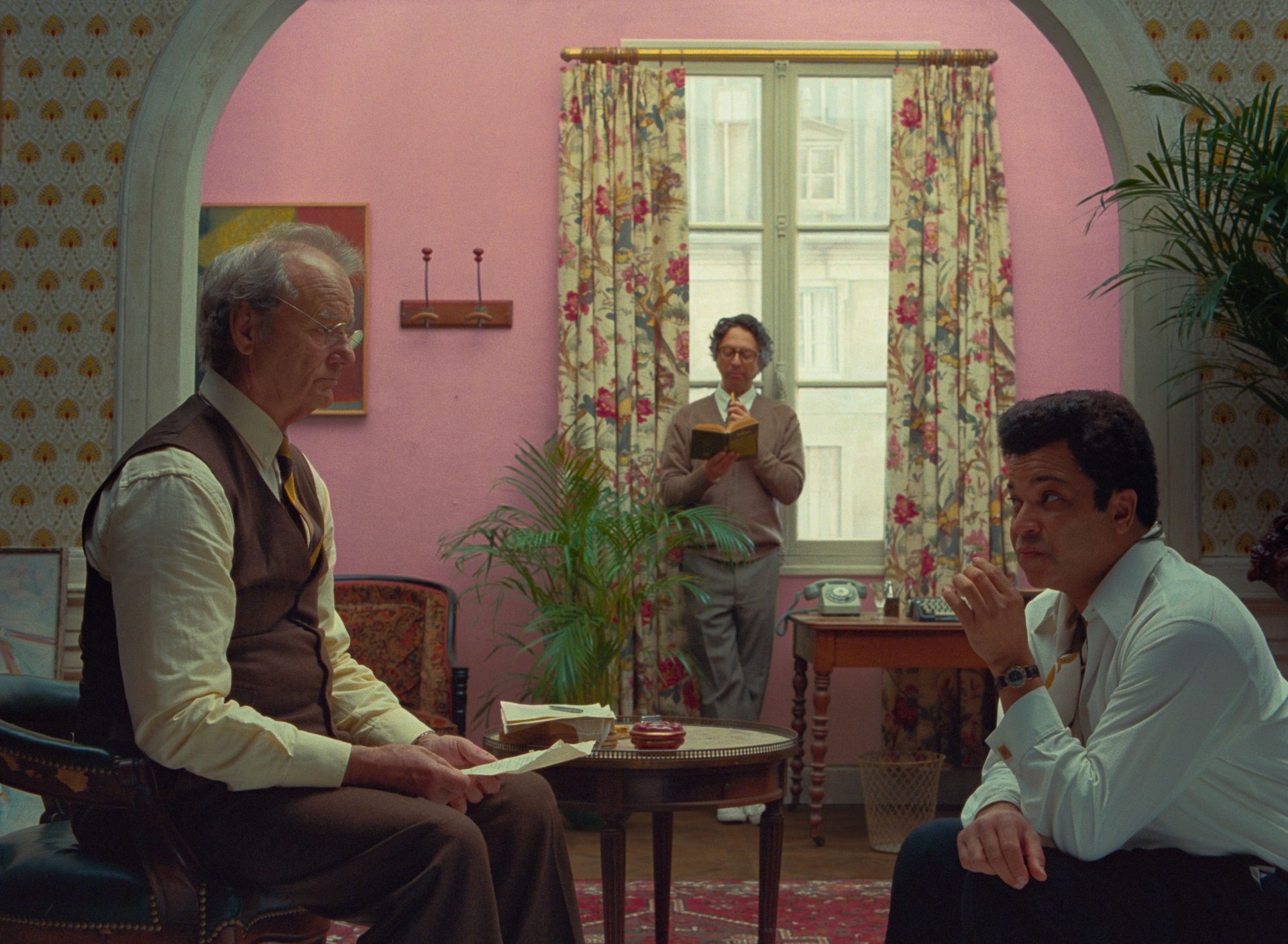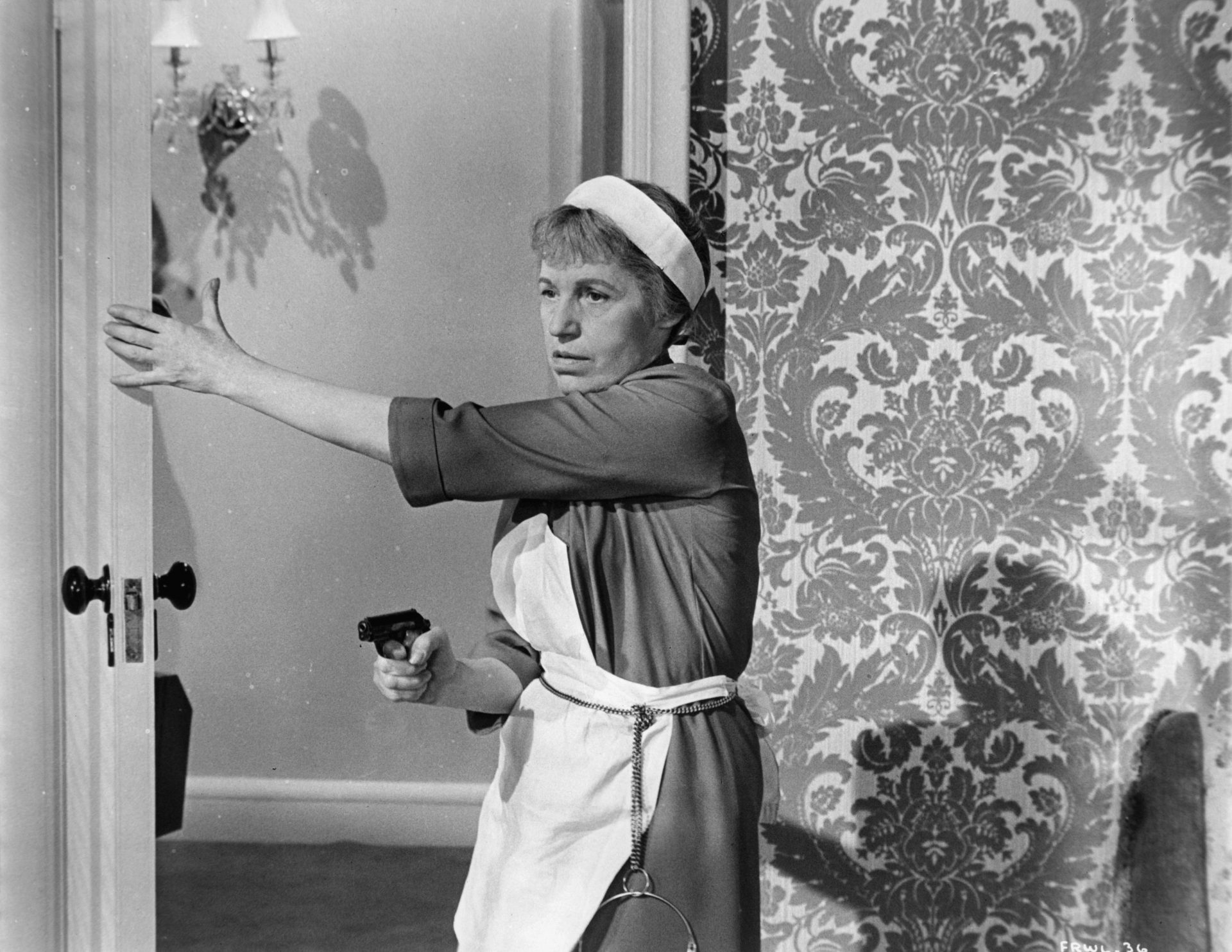An elderly woman stopped to talk in the street and my elderly dog – a Jack Russell, quite as photogenic as the Johnsons’ Dilyn, but with no interest in any but domestic politics – barked vigorously at her.
The woman paid him no mind; she had a tale to tell. She’d been to St Thomas’ Hospital – a regular trip – and from the top deck of a bus had seen a dog running about in the road on Westminster Bridge. As she described the onlookers’ dismay, her voice rose and fell with emotion, as did her hands. Then, in answer to my query as to whether anyone had caught the poor creature, her shoulders fell, and her smile upside-downed into a frown.
Or did it? Did the woman, in fact, possess any of these attributes? It was a very brief encounter. I’m more inclined to think I fell victim to a phenomenon psychologists term “confirmation bias”, and the rest of us call “prejudice”.
The woman had a strong Italian accent, I’d be inclined to say voluble because my background beliefs about Italians are that they’re operatic figures: passionate, compassionate and gestural; and it’s these preconceptions that probably summoned up the singsonging and the conducting.
In a way, all culture is sustained by confirmation biases. No one opens a book, enters a cinema, a concert venue, an art gallery or a theatre without at least some underlying conception of both the medium and the potentials of the work in question. Moreover, there’s necessarily a regression to a mean: as paintings are looked at more and more by people who habitually look at paintings, they come more and more to resemble the paintings these people habitually look at. It’s the same, mutatis mutandis, for novels, films, plays and gigs.
This is why, of course, you get all sorts of cultural lumping and clumping, as producers and consumers madly mirror one another’s tastes and inclinations. And prejudices, which are what I was mostly thinking about during the last segment of Wes Anderson’s latest film, The French Dispatch.
Roundly criticised for not having any actors of colour in leading roles in any of his previous ones in this portfolio offering, he cast Jeffrey Wright in its third segment as Roebuck Wright, the restaurant critic of the eponymous magazine (closely modelled on The New Yorker) whose finest hour sees him caught up in the kidnapping of the commissioner’s son while they’re enjoying the cooking of the legendary police chef, Nescaffier. Yes, Anderson’s puns and wordplays really are that laboured, but perhaps that’s part of the charm, as is his pastiche of great Forties French film noir.
Or is it? In the case of Nescaffier/Escoffier I was proudly confirmed in my own snobbish Francophilia: I got the reference; but Roebuck Wright?
What’s going on here? If this is a play on the African-American writer, Richard Wright, who lived for many years in Paris (the obvious model for Anderson’s fictional Ennui-sur-Blasé), then the presence of the “buck” in Roebuck is… troubling. Although clearly it didn’t bother Wright, who turns in a magnificent performance, the high point of which is a flash-forward scene of him being interviewed in a highly coloured (get it?) Seventies TV studio, in the course of which he reveals that the prejudice he faced back in the day that troubled him most was homophobia, not racism.
The attentive viewer has already noted that Wright is gay and he’s quite obviously of part-African ethnicity. But in playing one of his viewers’ assumed confirmatory biases off against another, his creator is seeking absolution for his prejudices – a pretty tendentious activity for a filmmaker better known for gently affecting whimsy.
At least that’s how it seemed to me but since Anderson played so effortlessly on my own biases, while the film was running I simply sat there chortling – laughter I repressed because no one else in the cinema seemed in the least bit amused, perhaps because the cinema was in a Cornish town where there isn’t much familiarity with either The New Yorker or the mid-20th-century French culture Anderson so relentlessly pastiches.
But I was happy to be included in the jokes until I kept running up against Anderson’s special pleading: the Roebuck Wright sequence borrows most from Quai des Orfèvres, a 1947 drama starring Louis Jouvet as a police inspector who, like the commissioner in The French Dispatch, has a biracial child.
It’s never remarked on in the earlier film. Get it? I did. Then rather wished I hadn’t, so much a puppet of my own prejudices had the director made me feel.



